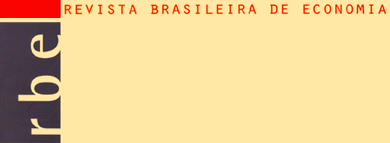Abstract
When voters care about the honesty of their political leaders, office-seeker politicians—whether corrupt or not—have strong incentives to behave as if they were actually honest. We build a simple signaling game in which the politician in power is unaware of the share of the electorate who care about corruption. Our model explains some recent findings of the empirical literature on Political Economy, namely that some incumbents engage in anticorruption policies in the last year of their terms (during campaign for reelection), and that incentives to adopt such measures are stronger when the competition for office is fiercer. Among other determinants, we highlight how politicians’ perception of how much voters care about honesty is crucial in their choice. We apply our model to the Brazilian political scenario and show that our predictions are supported by anecdotal evidence and data. In particular, we can explain the change in the behavior of Brazilian incumbents after the 2013 public revolts.
Keywords
Corruption; incumbency advantage; political economy

 Thumbnail
Thumbnail
 Thumbnail
Thumbnail
 Thumbnail
Thumbnail
 Thumbnail
Thumbnail



